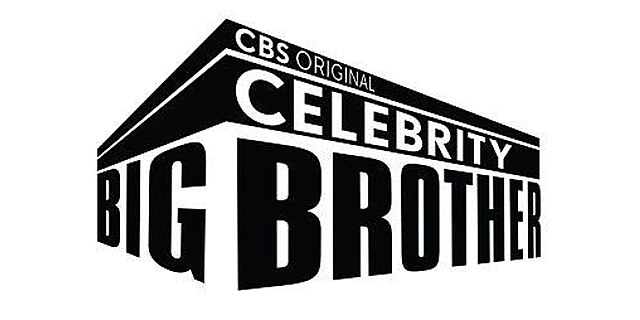Big Brother: The Portrayal of the Real World
September 22, 2022
The long-running reality television series Big Brother is quite the wild concept: a group of strangers live in a house with 24/7 surveillance- no contact with the outside world. All of this while they compete in challenges and vote to evict each other one by one until the last person remains. The show’s current 24th season has had no shortage of controversies, from issues ranging from bullying to racism.
All these negative events have been hard for viewers to witness, but is this not what is already seen on a daily basis in our society? The show has become a platform for discussing such issues as its contestants attempt to confront these situations, sometimes resulting in some very uncomfortable conversations.
The bullying controversy on the show has been one of the pillars of this 24th season. Houseguest and former Miss Michigan Taylor Hale, has been the target of aggressive behaviors from her fellow contestants. Fans have noticed that her pageant background and confident aura have led players to assume that she is conceited and entitled.
“On the show’s live feeds, Hale was shown crying alone in a room, and some cast members have stated that they didn’t like her from the moment they saw her,” says Emily Longeretta in an article by Variety.
In fact, Hale’s difficult time in the Big Brother house has audiences feeling outraged, amassing her with a loyal fanbase. Hale is perhaps unaware of how she has become a fan favorite, but her ability to stay strong in the game has had a powerful impact on viewers. Those who allegedly bullied Hale have been met with extreme criticism upon being evicted, many of whom now have tarnished reputations. On the other hand, the few houseguests who stood up for her have been praised for their goodwill and bravery.
“I think Hale’s story is inspiring. Although not pretty, Hale’s strength and resilience to overcome is admirable. She is a great role model for how she handled the situation with grace and “killed” her bullies with kindness,” believes Arcadia High School sophomore Lyna Si.
The bullying of Hale has also opened conversations about race, with many audiences citing her mistreatment to be a form of racial prejudice, or “micro-aggressions.” Although not overtly connected to race, many believe that because Taylor is African-American, she has been wrongly vilified as possessing certain negative traits. Unfortunately, race issues don’t conclude with Hale’s situation.
A little bit later in the season, another controversy came to light, this time centered around contestant Kyle Capener. The 29-year-old was exposed by his other housemates for assuming that an alliance existed in the game consisting entirely of people of ethnic minorities. It is implied that Capener sought to create his own alliance of all- white players to counteract this theory.
These ideas came with significant backlash, both from the outside world and within the Big Brother house. When two of the other contestants came forward with their knowledge of Capener’s plans, many players were left hurt and confused. A house meeting was initiated so that this issue could be discussed and analyzed.
The conversation consisted of learning and reflection as the people of color in the house attempted to educate Capener on why they thought his behavior was wrong. They were firm in tone but remained calm and understanding. They let Capener know that they still loved him, but were disgusted by his actions. Capener appeared ashamed of how he acted and apologized to the other contestants as he listened to their input. As a result of his behavior, Capener was evicted from the house. Outside of the house, Capener has been the center of vicious criticism and has been dubbed a “racist” by many, citing some other questionable behaviors caught on live feeds.
Cases as such are relevant in our own society on both small and large scales. Think comedians being called out for offensive jokes or a timid child being picked on by the notorious school bullies. These situations are nothing new, but perhaps the show’s overt presentation sparks a more intense reaction.
“Whether the show is enjoyable or painful to watch, it can’t be denied that showing the ugly side of reality is crucial in providing an accurate representation of society,” says Arcadia High School sophomore Carmen Bermejo.
On top of all this, there has also been a scandal involving the show’s production. Audiences have called out the people behind Big Brother for allowing such terrible things to happen inside the house. Some fans have called for the removal of certain houseguests or the distribution of punishment as a consequence.
Does the lack of interference by production give way to a more realistic, authentic version of what the social experiment is all about, or does this method send the wrong message, allowing for serious wrongdoings to go without harsh consequences? Like many moments in this chaotic 24th season, this question is up for debate.
Photo Courtesy of WIKIMEDIA COMMONS

